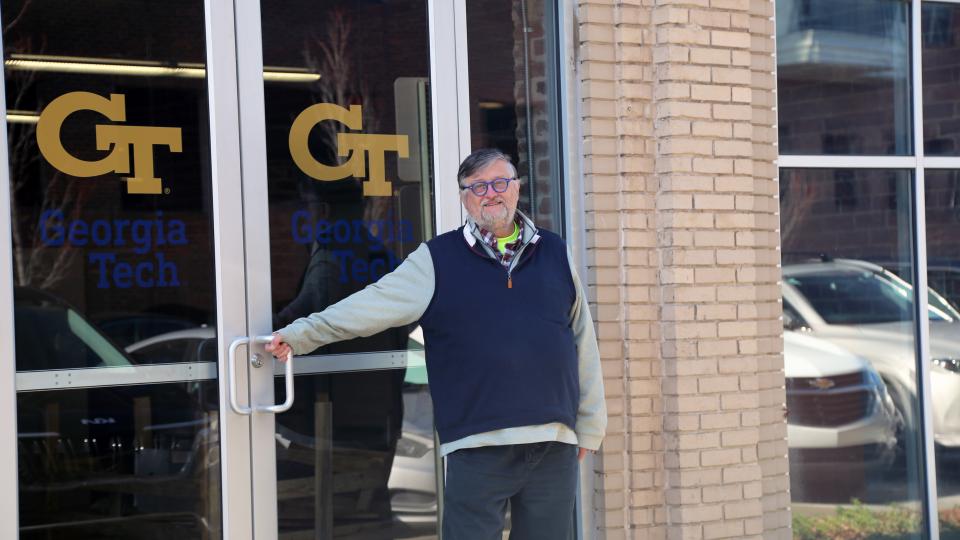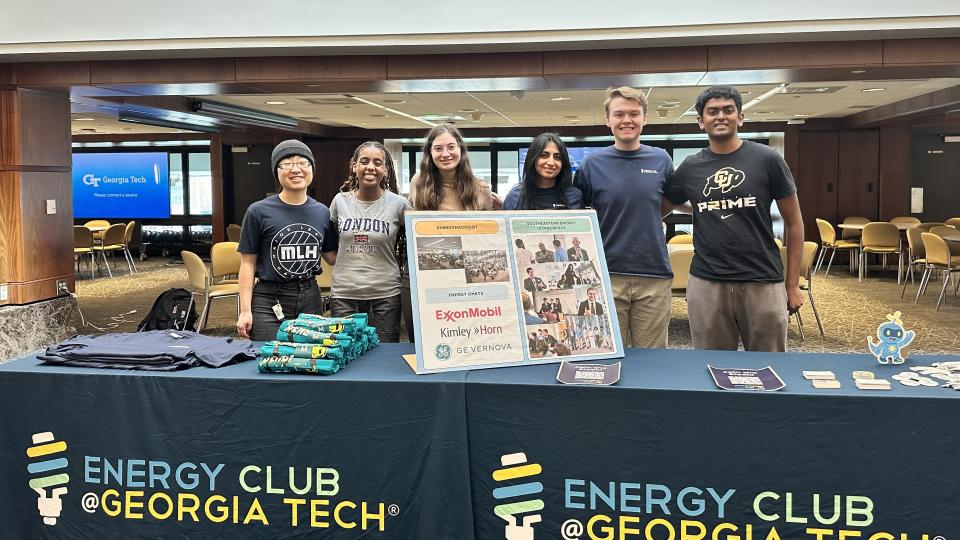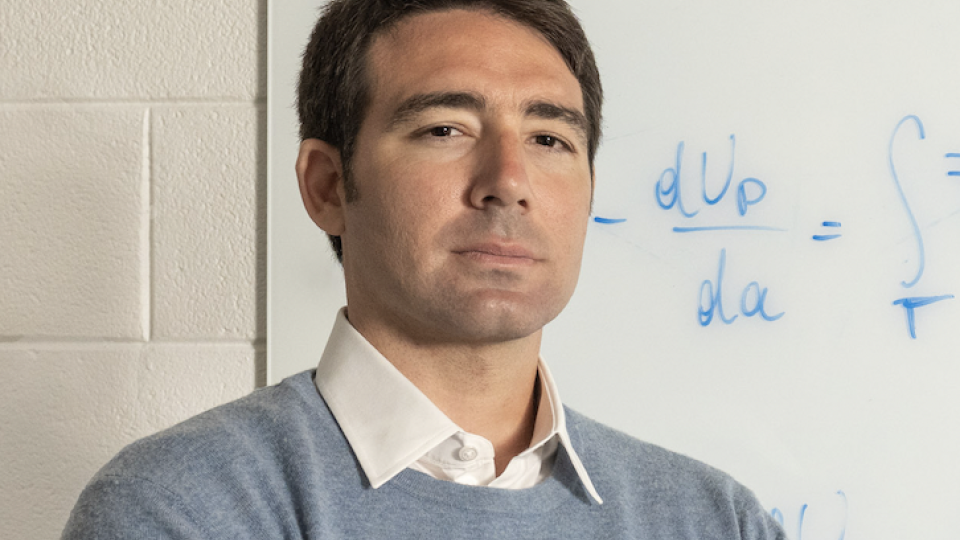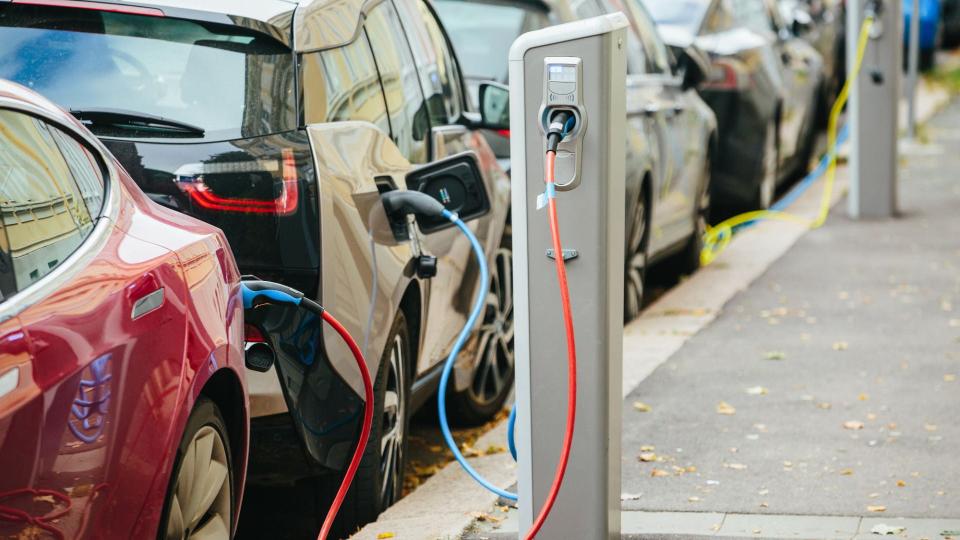A recent study by EPIcenter affiliates Brian An and John Kim and researchers at Georgia Tech, Iowa State University, and Clemson University examines how utility-level characteristics shape residential electricity consumption in the Southeastern U.S.
The Geosynthetic Institute (GSI) is relocating to Georgia Tech and bringing with it a new range of opportunities for students interested in this dynamic and growing field.
Research from Georgia Tech is showing how cracks occur and spread through materials — and how best to prevent them.
EnergyHack@GT, Georgia Tech’s second annual student-run energy and sustainability hackathon, took place over the weekend of Jan. 23 – 25, 2026.
The award recognizes early-career researchers who’ve made impactful contributions to the field of mechanics.
Georgia Tech's Qi Tang has received an Early Career Research Program award from the Department of Energy's Office of Science. The $875,000 grant supports Tang for five years to craft ML tools that analyze data from nuclear experiments and simulations.
A recent Georgia Tech study examines U.S. household electric vehicle (EV) ownership and adoption intent beyond upfront costs, focusing on charging access, travel behavior, housing, and demographics.
e-Scout, is a first-of-its-kind AI-enabled tactical drone designed to address critical gaps in U.S. military support.
A brief Q&A with Jennifer Chirico, who leads the energy and infrastructure initiative at Georgia Tech’s Strategic Energy Institute.
An illustrious career focused on understanding the nuances of energy policy through analytics has shaped the career of Marilyn Brown, the Regents & Brook Byers Professor of Sustainable Systems at the Jimmy and Rosalynn Carter School of Public Policy.
Afi Ramadhani, a graduate student in economics and a student affiliate of Georgia Tech’s Energy Policy Innovation Center, has won a prize for the best research paper from the School of Economics.
Georgia Tech has appointed Yuanzhi Tang as executive director of the Strategic Energy Institute (SEI), effective Feb. 1.
Pagination
Visit Our Research News Center
Discover more groundbreaking stories from Georgia Tech’s energy research community.












